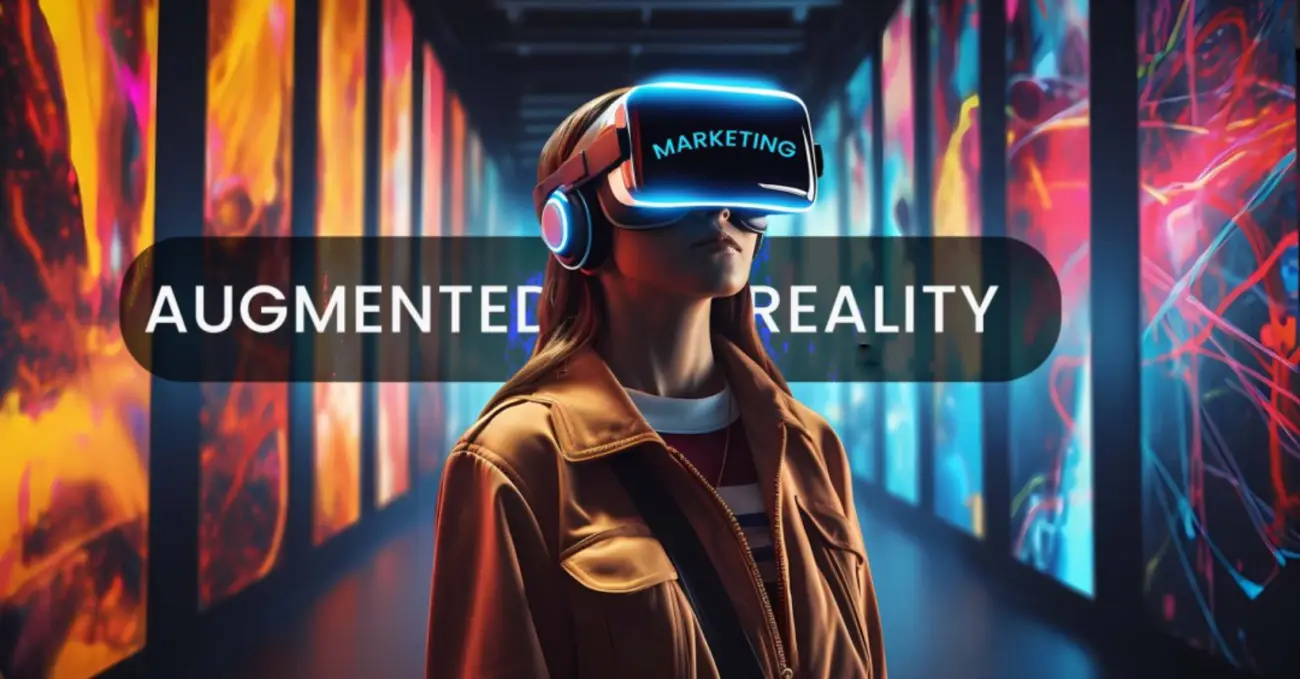"Unveiling the Future: How Augmented Reality (AR) is Reshaping Digital Marketing Strategies"

Digital Marketing Strategies in Trivandrum, A rapidly developing technology, augmented reality (AR) has the potential to completely transform digital marketing tactics. Here are some details on how augmented reality is changing the field of digital marketing:
to create immersive experiences: Brands may use augmented reality (AR) that fascinate and engage people in ways that are not possible with traditional marketing techniques. Customers can engage with virtual aspects superimposed on the actual environment with AR-enabled apps or platforms. Examples of this interaction include putting on virtual apparel, seeing products in their own area, and taking virtual tours of various locations.

Product Visualization: With augmented reality (AR), buyers may see products in actual settings before making a purchase. Furniture stores may use augmented reality apps, for instance, that let buyers view couches in living rooms before making a purchase. Higher conversion rates result from this as it lessens reluctance and boosts confidence when making purchases.
Interactive Advertising: Static ads are made interactive via augmented reality (AR), which motivates users to actively engage with the content. With the help of augmented reality (AR) technology, marketers can design campaigns that encourage consumers to scan product packaging or print ads with their smartphones in order to access extra material, games, or exclusive deals. This promotes consumer involvement and brand recognition.
Enhanced in-store experiences: Augmented reality (AR) gives consumers more entertainment and information when they purchase in-store. Retailers may improve the entire shopping experience and boost customer happiness by using AR-powered screens or mirrors to give virtual fitting rooms, highlight user reviews, and suggest products.
AR gamification: is the process of incorporating components and game mechanics into marketing efforts in order to encourage engagement and promote desired behaviours. To encourage customers to interact with their goods or visit physical locations, brands might develop augmented reality (AR)-powered games, scavenger hunts, or challenges. This can lead to deeper connections and more user participation.

Conclusion
Digital marketing is being revolutionized by augmented reality (AR), which provides immersive experiences that engage customers like never before. Because of its unique capacity to merge the real and virtual worlds, brands can engage with their audience more deeply and raise brand awareness, consumer engagement, and sales as a result. Businesses hoping to stay ahead in the ever-changing world of digital marketing will need to incorporate augmented reality (AR) into their marketing strategy as it develops and becomes more widely available.
DR. Girish Krishnan
Director & Strategy Consultant.
Recent Posts
READY TO GROW YOUR BUSINESS?
Contact us to develop STRATEGIES FOR SUCCESS for your business growth.






